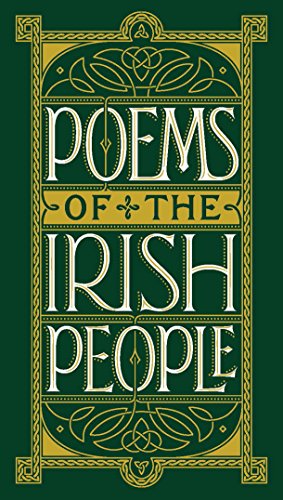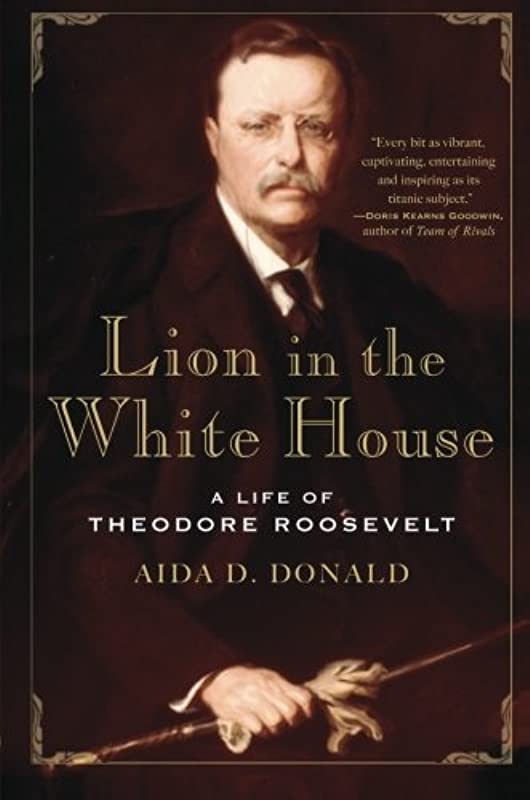Weary men, what reap ye? - Golden corn for the stranger.
What sow ye?- Human corses that wait for the avenger.
Fainting forms, hunger-stricken, what see ye in the offing?-
Stately ships to bear our food away, amid the stranger's scoffing.
There's a proud array of soldiers - what do they round your door?
They guard our master's granaries from the thin hands of the poor.
Pale mothers, wherefore weeping? Would to God that we were dead -
Our children swoon before us, and we cannot give them bread.
Little children, tears are strange upon your infant faces,
God meant you but to smile within your mother's soft embraces.
Oh, we know not what is smiling, and we know not what is dying;
But we're hungry, very hungry, and we cannot stop our crying.
And some of us grow old and white - we know not what it means;
But, as they lie beside us we tremble in our dreams.
There's a gaunt crowd on the highway - are you come to pray to man,
With hollow eyes that cannot weep, and for words your faces wan?
No; the blood is dead within our veins - we care not now for life;
Let us die hid in the ditches, far from children and from wife!
We cannot stay and listen to their raving famished cries -
Bread! Bread! Bread! and none to still their agonies.
We left our infants playing with their dead mother's hand:
We left our maidens maddened by the fever's scorching brand:
Better, maiden, thou wert strangled in thy own dark-twisted tresses -
Better, infant, thou wert smothered in thy mother's first caresses.
We are fainting in our misery, but God will hear our groan;
Yet, if fellowmen desert us, will He hearken from His throne?
Accursed are we in our own land, yet toil we still and toil;
But the stranger reaps our harvest - the alien owns our soil.
O Christ! how have we sinned, that on our native plains
We perish homeless, naked, starved, with branded brow like Cain's?
Dying, dying wearily, with a torture sure and slow -
Dying as a dog would die, by the wayside as we go.
One by one they're falling round us, their pale faces to the sky;
We've no strength left to dig them graves - there let them lie.
The wild bird, if he's stricken, is mourned by the others,
But we - we die in Christian land, - we die amid our brothers,
In a land which God has given us, like a wild beast in his cave,
Without a tear, a prayer, a shroud, a coffin, or a grave.
Ha! but think ye the contortions on each livid face ye see,
Will not be read on Judgement-day by eyes of Deity?
We are wretches, famished, scorned, human tools to build your pride,
But God will yet take vengeance for the souls for whom Christ died.
Now in your hour of pleasure - bask ye in the world's caress;
But our whitening bones against ye will rise as witnesses,
From the cabins and the ditches in their charred, uncoffined masses,
For the Angel of the Trumpet will know them as he passes.
A ghastly special army, before the great God we'll stand
And arraign ye as our murderers, the spoilers of our land!
("The Famine Year" by Lady Wilde, printed in Poems of the Irish People, 2016)
This poem reminds me of one of my favorite books, Nory Ryan’s Song, by Patricia Reilly Giff. Though it is a children’s book, it tells the story of the Irish Potato Famine and the sorrows felt by the Irish during that time. I will re-read it and share it with you soon. I hope you liked this poem. It is sad, but I feel like it has a triumphant and hopeful ending.


